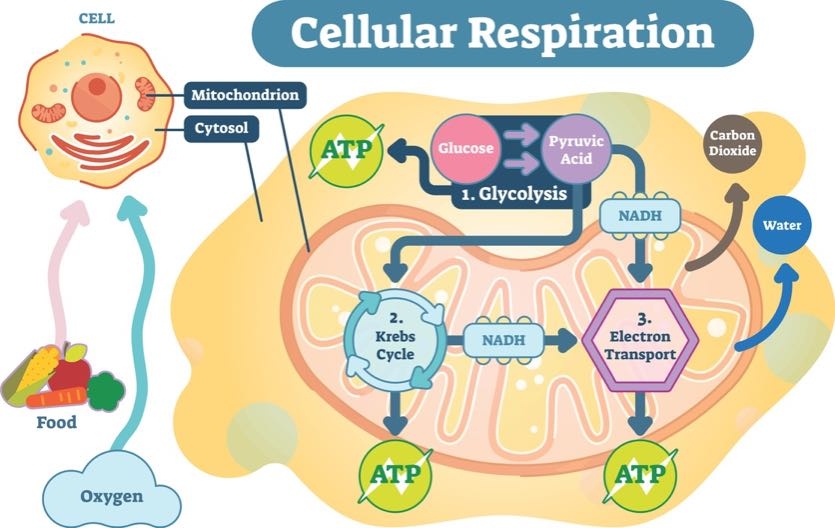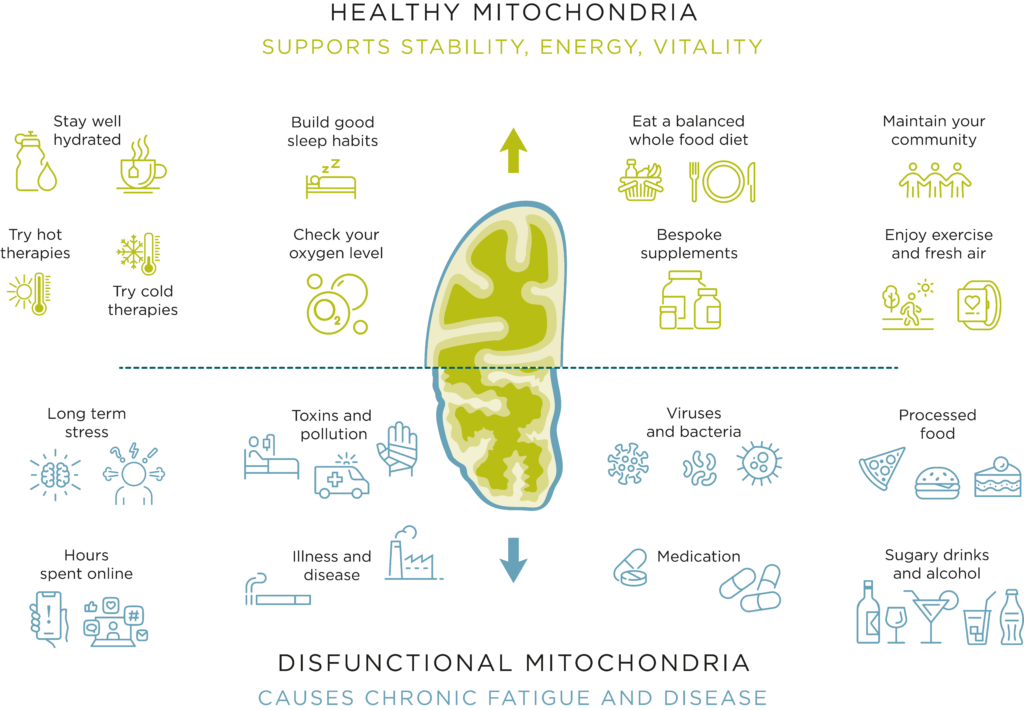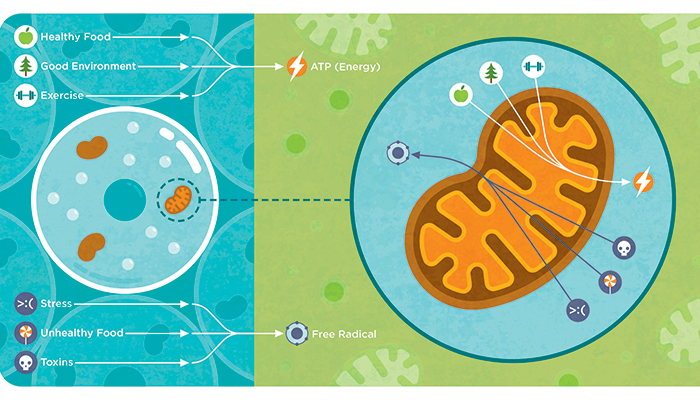Revive Your Daily Power in 2026 with Mitolyn: Natural Cell Energy & Metabolism Support
Disclosure: This post contains affiliate links. If you buy through these links, I may earn a commission at no extra cost to you. Based on product info and general science – consult your doctor before trying any supplement.
2026 is the year to reclaim your energy and feel strong again. Mitolyn is still one of the leading natural supplements on ClickBank, helping people support their mitochondria – the tiny cell parts that create real, lasting power – using only clean plant ingredients and no stimulants.
Revive the Source: Mitochondria and Your True Energy
Deep in your cells, mitochondria turn food into ATP – the energy that keeps you going. Good mitochondria = steady energy, better mood, and smoother metabolism. Tired mitochondria = constant fatigue, slow progress, and feeling stuck.
Modern life drains them fast. The smart move? Give them natural support to revive and work better. That's where Mitolyn fits in perfectly.
Mitolyn feeds your cells with plant nutrients designed to help mitochondria thrive again.

Mitolyn's Simple & Pure Ingredients
Made in a top-quality USA facility (GMP certified), Mitolyn includes six natural, non-GMO extracts:
- Maqui Berry – Strong antioxidant shield for cells.
- Rhodiola Rosea – Helps cut fatigue and build inner strength.
- Amla – Vitamin-packed fruit for everyday support.
- Astaxanthin – Nature's powerful cell guardian.
- Cacao – Gentle help for mood and steady focus.
- Schisandra Berry – Traditional boost for balance and vitality.
No caffeine, no fillers – just honest natural help.

What Revived Energy Might Feel Like
Everyone's different, but many aim for:
- Energy that stays with you from morning to night
- Helping your body use fat more naturally
- Feeling calmer under daily pressure
- More drive and lightness in your step
It works best with real-life basics: eat clean, move daily, rest well. Get doctor OK first.
Who Should Try Mitolyn?
Perfect if you:
- Want to wake up feeling ready
- Avoid energy drinks but need real power
- Seek gentle, natural revival
Buy Genuine Mitolyn Safely
Official website only – real product, 90-day guarantee. Avoid copies from elsewhere.
Check details and deals:
⇒ Official Mitolyn Website
Frequently Asked Questions (FAQs)
1. How does Mitolyn revive energy?
It nourishes mitochondria to help your cells make energy better.
2. Any stimulants?
Zero – calm and steady only.
3. How soon might I notice?
Often 4-12 weeks with daily consistency.
4. Plant-based?
Yes – vegan capsules.
5. Side effects?
Very uncommon; stop if anything feels wrong.
6. Official site only?
For authenticity and your full guarantee.
Make 2026 Your Year
Mitolyn is a clean, effective tool to help revive your inner power. It's about supporting your body so you can live more fully.
Ready to restart? See the official site:
⇒ Official Mitolyn Page
Just info – results personal and not guaranteed.
What's your go-to for daily energy? Comment below!










